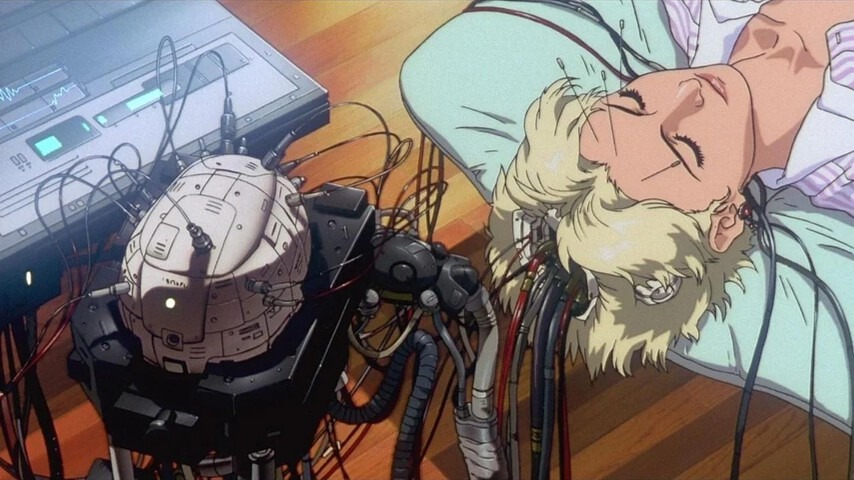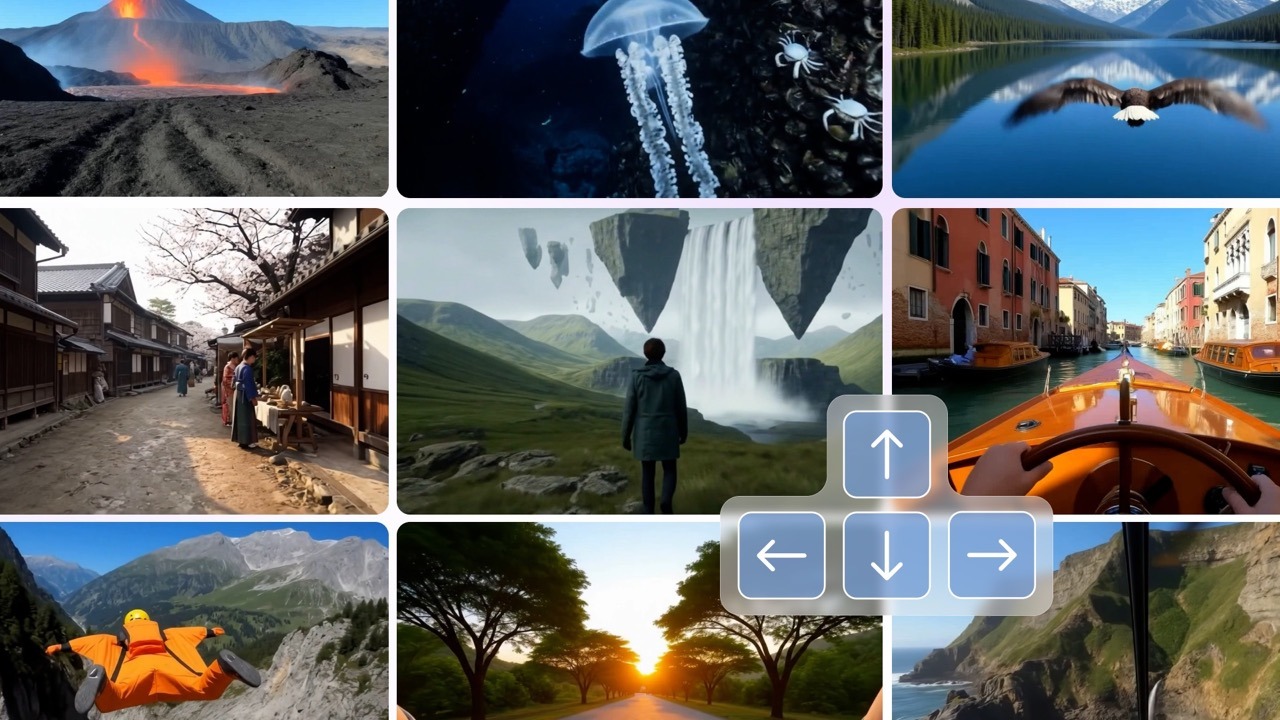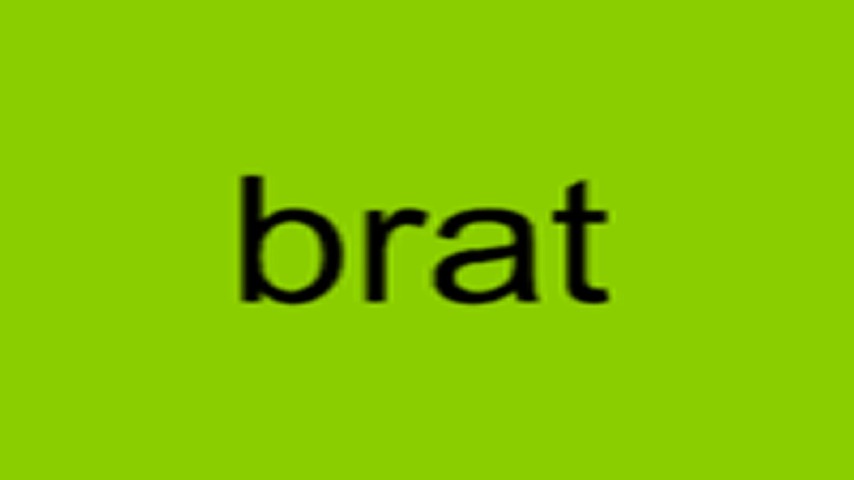In a previous article, we revisited the first installment of the "Dune" novel series, exploring the dialogue about thinking machines and the Butlerian Jihad. This theme was later expanded upon by Frank Herbert's son to explain the absence of computers and robots in the Dune universe. However, a lingering question remains: without computers, how do the inhabitants of the "Dune" universe operate their spacecraft?
When Computers Fail, Human Brains Prevail!
The answer lies in human brains that surpass the capabilities of AI.
In the original works by Frank Herbert, Mentats, the Bene Gesserit, and the Spacing Guild represent such entities. They consume vast amounts of the spice melange to unlock the latent potential of their minds, achieving cognitive and logical abilities—or computational power—far beyond that of ordinary humans.
(Spoiler Alert: The following section mentions scenes from the "Dune" movie, "Dune: Part Two," which, while not affecting the viewing experience, can be skipped by readers who prefer to avoid spoilers!)
In the film "Dune: Part Two," Rabban Harkonnen engages in conversation with several 'pilots' aboard a spaceship—they are, in fact, the source of the ship's computational power. Thus, it's more accurate to refer to them as the spaceship's 'computers' rather than its pilots.
Regrettably, the Spacing Guild's presence is somewhat understated in the new "Dune" movie adaptation. The Guild, a political force comparable to the Emperor in the Dune universe, monopolizes interstellar transport. Its navigators, immersed in liquid spice melange, gain immense computational power to perform 'space folding.' Due to excessive spice inhalation, they transform into half-human, half-sandworm creatures. These navigators were not featured in the new movie but were prominently depicted in David Lynch's 1984 adaptation, "Dune."



Depictions of the Spacing Guild across different adaptations. From top to bottom: "Dune" (1984), the miniseries (2000), and the latest film adaptation (2021). The latter two versions are quite bizarre... (Source: Reddit)
It's worth noting that in Nick Bostrom's discussion of artificial intelligence in "Superintelligence," he seriously considers the possibility of biologically enhancing the human brain to surpass AI. However, his conclusion is that "for a healthy human brain to undergo a rapid intelligence transformation after consuming certain chemicals is implausible, both neurologically and evolutionarily."
 The navigators in "Dune" look truly terrifying and very much in keeping with David Lynch's style. (Source: Wiki)
The navigators in "Dune" look truly terrifying and very much in keeping with David Lynch's style. (Source: Wiki)
The Zeitgeist and Writing Strategy of "Dune"
Why did Frank Herbert choose to exclude computers and robots from the world of Dune?
While his son Brian has mentioned their family's aversion to machines and expanded the Dune narrative to include dramatic human struggles against the butlerian machines, akin to "The Terminator" or "The Matrix," I believe Frank intentionally left it vague. Perhaps he wanted to convey that 'thinking machines' refer not only to AI but also to the outsourcing of human thought—something that could also occur within governments, religions, and corporations. This interpretation aligns with the themes of "Dune," which celebrates human spirit triumphing over religious, political, environmental, and even technological systems, resonating with the turbulent and Flower Power-believing America of the 1960s.
Moreover, this setting might have been a strategic writing choice to differentiate from the popular science fiction tropes of the time. A sci-fi novel without laser guns, robots, or aliens, where conflicts are resolved through close combat, blending medieval elements with interstellar warfare, is both contradictory and captivating.
Reflecting on the original text and its history, this journey through the "Dune" movie has revealed an odd sense of familiarity, stemming from its core message: Do not easily relinquish your own critical thinking—whether to politicians masquerading as saviors, unseen machines or internet celebrities, or to the directions given by social credit scores and algorithms. It's a message that fits our current times. Perhaps we, too, should celebrate our own Butlerian Festival (a Jihad sounds too intense), to feel the grass beneath our feet, to laugh and cry together.




 The navigators in "Dune" look truly terrifying and very much in keeping with David Lynch's style. (Source: Wiki)
The navigators in "Dune" look truly terrifying and very much in keeping with David Lynch's style. (Source: Wiki)

